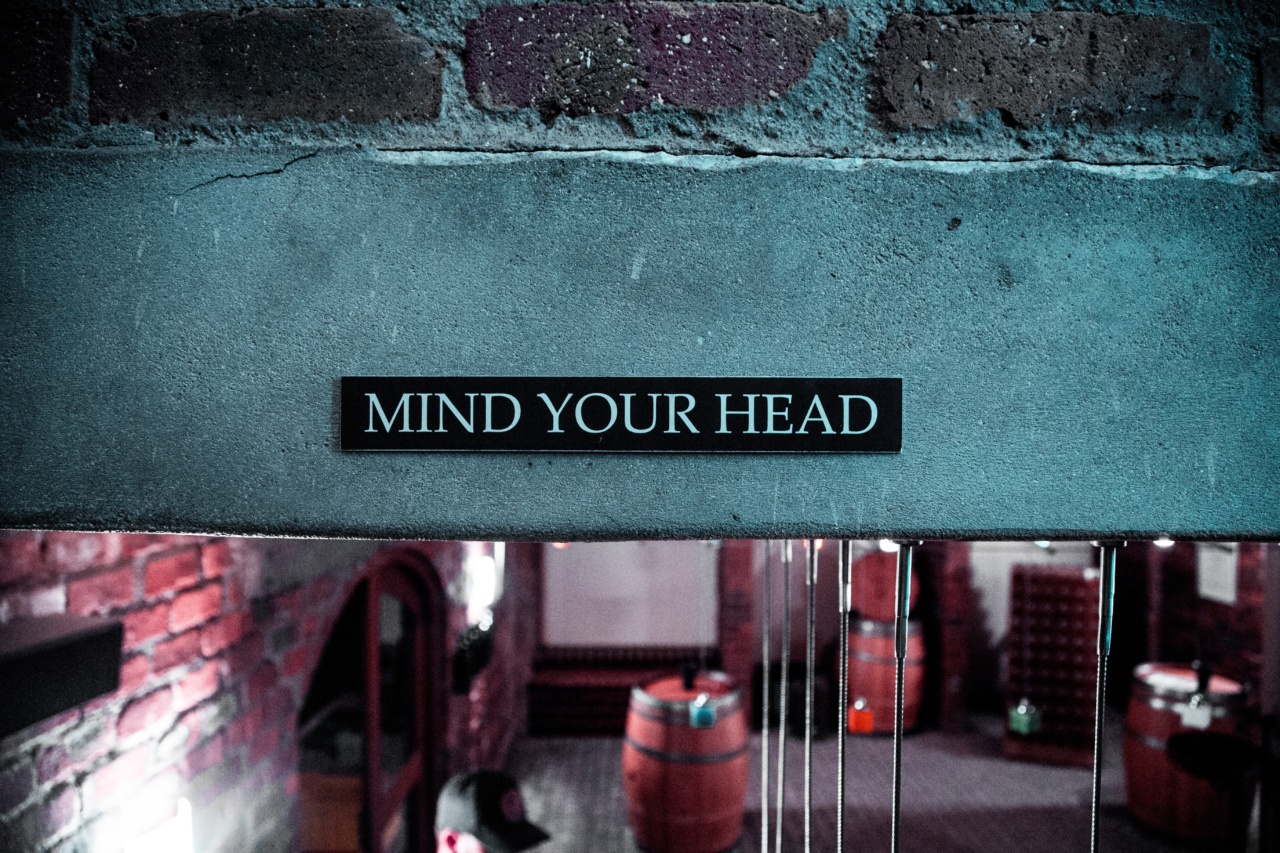Have you ever wondered if your mental state, personality, and beliefs differ from those of your parents or grandparents? While genetics and upbringing have an impact on our character, experiences, and social environment also shape our views and decisions.
Today, we’ll explore the differences between the baby boomers (born between 1946 and 1964) and the millennials (born between 1981 and 1996), focusing mainly on their 30s and 70s.
The Baby Boomers in Their 30s
In the early 1980s, the baby boomers were in their 30s and faced various challenges unique to their generation. Some of the defining features of this period include:.
The Economic Climate
In the 1970s, the economy experienced inflation, unemployment, and an energy crisis.
In the 1980s, the baby boomers were trying to make a name for themselves in a cut-throat corporate world, where financial stability and upward mobility were top priorities. Eighties culture was characterized by suits, power dressing, and a ‘work hard, play hard’ mentality.
The Family Structure
The baby boomers were raised in a traditional family structure with a strong emphasis on gender roles and marital commitment.
In the 1980s, they were getting married and starting families, but there was also a growing trend of divorce, single parenthood, and cohabitation. The ideal nuclear family image gave way to diverse family structures.
The Political Landscape
The baby boomers were politically active and vocal in the 1960s and 1970s, advocating for civil rights, international peace, and environmental protection.
By the 1980s, some of them had joined the political establishment, while others took a more libertarian approach, supporting Reaganomics and the conservative agenda.
The Baby Boomers in Their 70s
Now let’s fast forward to the present day and examine how the baby boomers’ mindset has evolved into their 70s. Here are some of the notable characteristics:.
The Economic Climate
The baby boomers in their 70s are mostly retired or approaching retirement age. They have experienced the highs and lows of the stock market, seen the rise of technology and innovation, and witnessed the consequences of globalization.
Many of them have saved up a significant nest egg and may face healthcare costs and long-term care expenses in their golden years.
The Family Structure
The baby boomers in their 70s are more diverse in their family structure than their parents or grandparents. They have seen the emergence of blended families, same-sex couples, and single-person households.
They may have grandchildren or be taking care of elderly parents.
The Political Landscape
The baby boomers in their 70s represent a wide range of political affiliations, from liberal to conservative, from progressive to reactionary.
They have witnessed and participated in many political movements and leadership changes, from the civil rights era to the Trump era. They may feel disillusioned or hopeful about the state of the world.
The Millennials in Their 30s
Let’s now switch our focus to the millennials and their mindset in their 30s. Here are some of the defining features:.
The Economic Climate
The millennials in their 30s have experienced economic upheaval in their adulthood. They graduated from college during the Great Recession or entered the workforce under the shadow of student debt, wage stagnation, and income inequality.
They may have to juggle multiple jobs, side hustles, or gig work to make ends meet.
The Family Structure
The millennials in their 30s are delaying marriage and children compared to previous generations. They value independence, self-discovery, and flexibility in their personal life.
They may choose to cohabit, have casual relationships, or focus on their career or education.
The Cultural Landscape
The millennials in their 30s are immersed in a diverse and changing cultural environment. They grew up with the internet, social media, and global connectivity. They express themselves through art, music, and activism.
They are concerned about social justice, climate change, and human rights.
The Millennials in Their 70s
Lastly, let’s speculate on the millennials’ possible mindset in their 70s, based on current trends and projections.
The Economic Climate
The millennials in their 70s may face a different economic reality than today, one that emerged from technological disruption, climate change, and population aging.
They may have to adapt to a post-work society, where automation, basic income, and entrepreneurialism are the norm.
The Family Structure
The millennials in their 70s may continue the trend of diverse family structures, but also develop new forms of social connection and intergenerational support.
They may rely on virtual communities, co-housing, or communal living to offset rising housing costs and caregiving responsibilities.
The Political Landscape
The millennials in their 70s will shape the political landscape of the future, based on their values, experiences, and demographics.
They may lead a new wave of social and environmental activism, push for structural reforms, and engage in digital governance and direct democracy.
Conclusion
As we’ve seen, the differences between the baby boomers and the millennials reflect the changes and opportunities of their respective eras.
While some gaps may seem insurmountable, such as the wealth gap or the cultural divide, there is also room for understanding, collaboration, and innovation.
By recognizing and embracing our true mind, we can transcend generational boundaries and shape a better future for ourselves and the world around us.































